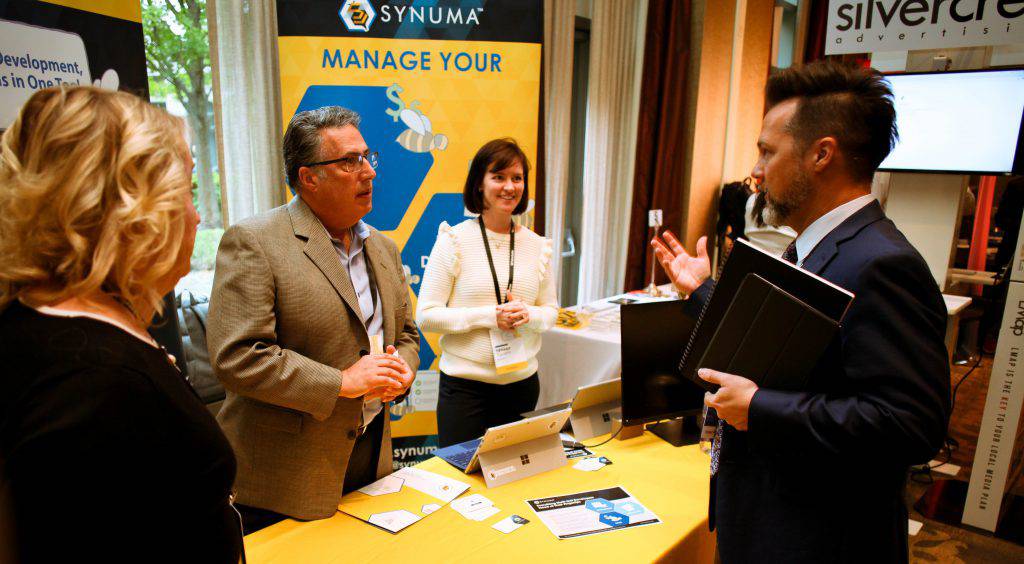Visit any franchise site and you’ll find enough ROI statistics to make Pythagoras turn in his grave. The profit potential of your average franchise looks impressive until you crunch the real numbers. Remove store remodeling, equipment, and other oft-ignored working capital, and that return begins to look a little grim. On average, franchising your business costs:
-
$38, 000 to $91, 000 in legal costs
-
$25, 000 to $70, 000 in training and materials
-
Up to $135, 000 in marketing costs
-
Up to $200, 000 in extra staff.
Building a franchise brand can take years and, in your early months, your expenses are at their peak. You’ll need to pay for FDD development, operational strategizing, registration, and sales. It’s all worth it in the long term, but that doesn’t make that first year any easier, so you’ll need to secure a positive franchise ROI from your first sale. “Maybes” simply won’t do. Franchisors around the world are using artificial intelligence to predict those desperately-needed returns.
What’s a Reasonable Franchise ROI?
As active investments, franchise opportunities must produce significantly more ROI than stocks. They include time investments, so their returns must reflect it. Five to 12 percent is woefully inadequate. You and your franchisees need fair market compensation for your work, even during your first three years. Your initial sales volumes must weigh rationally against your initial startup costs.
Your typical business needs an ROI break-even income-to-investment ratio of 1.2. Your franchise prototype must earn profits after royalties and other fees, taking capital investments into account. Franchisees expect a minimum of 15% ROI, so franchisors must push that percentage up even more. To add to the challenge, they must have a solid idea of that number before they franchise their businesses.
The Truth About Franchise ROI

Your first-year business management lecturer would have taught you that ROI is your net profit divided by your total investment. That sounds easy enough, but there’s a reason there’s a second year of business school. A CC’s profit ratios are easy to calculate in comparison to franchising. The latter needs a solid cost structure built out of personnel, marketing, utility bills, and royalties. Cost management is all the more challenging when you’re building franchisee training and advertising fund payments into your calculation.
Calculating your ROI according to your overall expenses is like shooting a fly with a cannon. It lacks precision, so the fly will escape, leaving a crumbling hole in your wall. You must generate returns on every individual investment you make. This is where AI leaps into the picture. It can churn out analytics, then point you towards specific failures. It will crunch all your key performance indicators, assess market trends, and project future returns. Think of it as your personal business psychic. It will tell you which benefits to expect and draw current market trends into its calculations. It can even use sophisticated analytics to measure your human capital.
Business Intelligence and the Internet of Things
In 2008, there were more objects connected to the Internet than people. That gives you an ocean of data to incorporate into your business intelligence. Revenue is the most important determinant of long-term cash flow, but it cannot be treated as the sole key performance indicator of your business. Fortunately, the Internet of things delivers you all the data you could possibly need. All that’s required to open the door is AI.
Machines can weed through information to identify weaknesses that even the most thorough researcher might miss, modeling everything from pricing to market trends. Treat it well, and it will reward you for decades.













